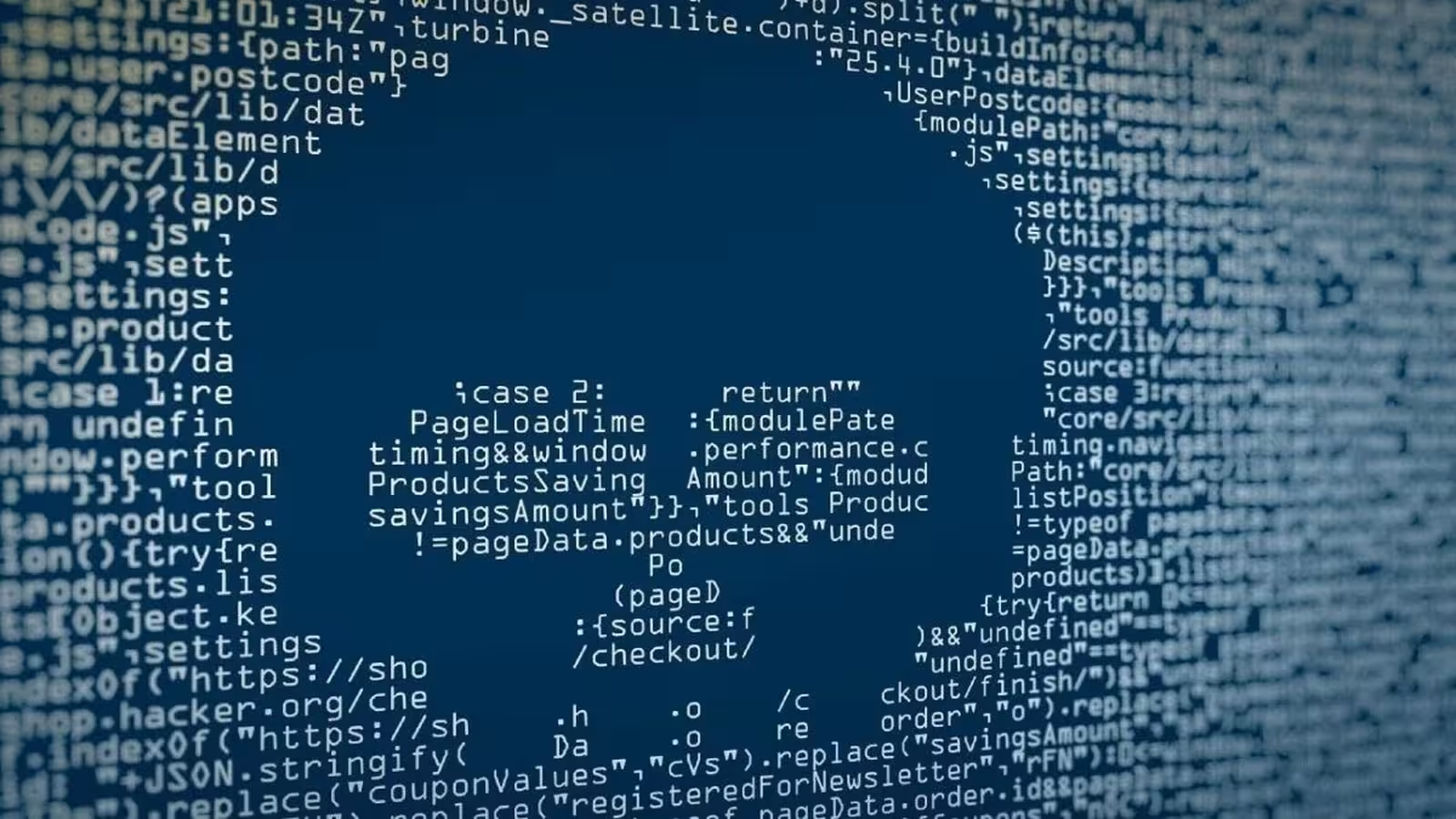4 Minutes
K Prize AI Coding Competition Unveils First Results—and Highlights AI Coding Limitations
The latest milestone in AI development, the K Prize, has just released its first set of results—and the outcome offers a sobering reality check for artificial intelligence coding tools. Organized by the nonprofit Laude Institute and conceived by Databricks and Perplexity co-founder Andy Konwinski, the K Prize AI coding challenge is setting a new precedent for evaluating AI’s capabilities as software engineers.
An Unexpected Winner and a Low Bar for Success
The inaugural winner, Brazilian prompt engineer Eduardo Rocha de Andrade, was awarded a $50,000 prize after achieving the highest score in the competition. However, what's making headlines is not just his victory, but the remarkably low winning performance: Andrade correctly solved only 7.5% of the test questions. This underscores a significant gap between current expectations for AI-powered programming systems and their actual capabilities when faced with realistic, untrained coding problems.
Challenging the Status Quo in AI Benchmarking
Leading the initiative, Andy Konwinski stressed the importance of creating benchmarks that truly challenge AI models. “Benchmarks must be difficult to be meaningful,” said Konwinski, emphasizing that the K Prize intentionally levels the playing field by limiting compute resources. This setup encourages participation from smaller, open-source AI models rather than advantaging massive proprietary systems from industry leaders.
To further spark innovation, Konwinski has pledged a $1 million reward to the first open-source AI system capable of scoring above 90% in the K Prize evaluation—a goal that now seems far from reach given current results.
K Prize vs. SWE-Bench: A New Standard for Fairness
Inspired by the popular SWE-Bench benchmark, the K Prize tests AI models using authentic GitHub issues, demanding that participants address real-world programming challenges. While SWE-Bench uses a static set of problems—which AI models might inadvertently be exposed to during their training—the K Prize distinguishes itself as a "contamination-free" alternative. By implementing a timed entry system and only including recently flagged GitHub issues, the K Prize ensures no prior exposure or tailored training can give participants an unfair edge.
Comparative Scores Reveal Critical Gaps
The contrast in results between the two benchmarks is startling. While SWE-Bench participants have achieved as high as 75% on its 'Verified' test and 34% on its more challenging 'Full' test, the top score for the K Prize was just 7.5%. This discrepancy is fueling debate in the AI community: Is SWE-Bench compromised by test leakage, or do the latest GitHub issues present unique new challenges?
"We need more repeated runs to truly understand the dynamics," Konwinski told TechCrunch, pointing out that AI developers are expected to adjust strategies with every K Prize cycle.
Rethinking AI's Abilities and Industry Benchmarks
Despite the prevalence of powerful AI coding tools such as Copilot and ChatGPT, these results suggest current AI models remain far from mastering open-ended software engineering tasks. As coding benchmarks become easier to game or less representative of real-world complexity, tests like the K Prize are being recognized as essential tools to fairly evaluate and push the field forward.
Echoing this concern, Princeton researcher Sayash Kapoor highlights the need for evolving benchmarks, observing that only through fresh, untainted test scenarios can the industry pinpoint whether AI failures stem from data contamination or genuine skill gaps.
The Road Ahead: An Open Challenge for AI and Developers
For Konwinski and many in the AI research community, the K Prize is not just a contest—it's a public challenge to the industry to move beyond hype. While headlines tout the rise of AI professionals across disciplines, current results serve as a sobering reminder: earning even 10% on a fair, up-to-date coding benchmark is still a feat. The rapid evolution of this competition promises crucial insights that could shape the future of AI in software engineering.
Implications for the AI Development Ecosystem
The K Prize stands as a crucial measure for both developers and AI researchers striving for real-world impact. Its design advantages transparent, open-source, and computationally efficient models—fostering broader participation and driving innovation outside the walled gardens of major AI labs. Companies, academic teams, and independent developers aiming to push the boundaries of AI code generation will need to keep an eye on the K Prize’s evolving leaderboard as a true barometer of progress.
Source: techcrunch



Comments